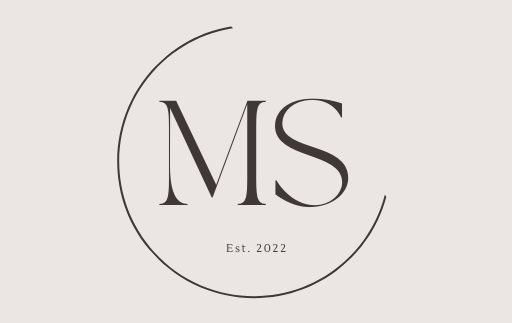Investors usually want to get their money back before the people who started the company do. This is called a “liquidation preference.” This happens when there is a sale of all the company’s assets, or if it goes bankrupt.
A liquidation preference is a clause in a contract that determines how much money investors get back if the company is liquidated. This helps investors get their money back before the people who started the company. If the company needs to be liquidated, this clause makes sure that the investors are taken care of first.
In larger series A rounds with VC and non-EIS fund investors, investment is usually made by Preferred Shares. This gives the investors certain rights, including a liquidation preference. Preferred Shares are so called because they have preferred rights over Ordinary Shares.
Commercial law firm crest legal has more information on liquidation preference.
EIS/SEIS rules
Preferred Shares are not common in UK angel and seed funding rounds. These rounds are dominated by investors who offer EIS and SEIS investments.
This is because under the EIS/SEIS rules, shares must not have any preferential rights to a company’s assets if the company were to go bankrupt. The shares issued for EIS/SEIS investment must also be ordinary, non-redeemable shares, fully paid in cash at the time of subscription.
Liquidation preference on a share sale is allowed
The EIS rules allow some shares to have special rights. These are called “A Ordinary Shares”.
When a company sells A Ordinary Shares, investors are entitled to receive up to their original investment back.
However, the remaining proceeds from the sale are distributed among the holders of Ordinary Shares, rather than the A Ordinary Shareholders.
An alternative is for A Ordinary Shareholders to convert their shares into Ordinary Shares and receive a proportion of the proceeds based on their equity ownership stake in the company. This is paid along with other holders of Ordinary Shares.
What happens if the company sell all of the assets?
If a company sells all of its assets, the proceeds from the sale will be held by the company. This means that investors who hold the A Ordinary Shares will only receive the sale proceeds based on their equity ownership if the company decides to pay dividends or wind-up.
Investors should have control over the process, as the investment agreement will normally prohibit the sale of all the assets of the company without their consent. This gives investors a say in what happens to their investment and allows them to protect their interests.
What happens in an IPO?
When a company goes public, it means that the company is selling shares of itself to investors. This is done in an initial public offering, or IPO. The company will usually issue new shares in the IPO, which are then bought by investors.
There are two types of shares that can be issued: A Ordinary Shares and Ordinary Shares.
The A Ordinary Shares will usually be automatically converted into Ordinary Shares, so that investors participate in the IPO as any other holders of Ordinary Shares. After the IPO, the shares of the company will be traded on a stock exchange, and investors can buy and sell the shares as they please.t investors participate in the IPO as any other holders of Ordinary Shares.
On a winding-up of the company?
If the company is wound up, investors with A Ordinary Shares will get a portion of the proceeds based on their ownership stake in the company. This is alongside holders of Ordinary Shares.
The investment agreement should give investors control over the process, as it will usually forbid winding-up the company without their consent.
However, there is always a risk that A Ordinary Shares could be paid before Ordinary Shares on a winding-up (this would mean they have a liquidation preference or liquidation preferences), which may not follow EIS/SEIS rules. There is a chance that A Ordinary Shares could still comply, if each class of shares has a different purpose.
